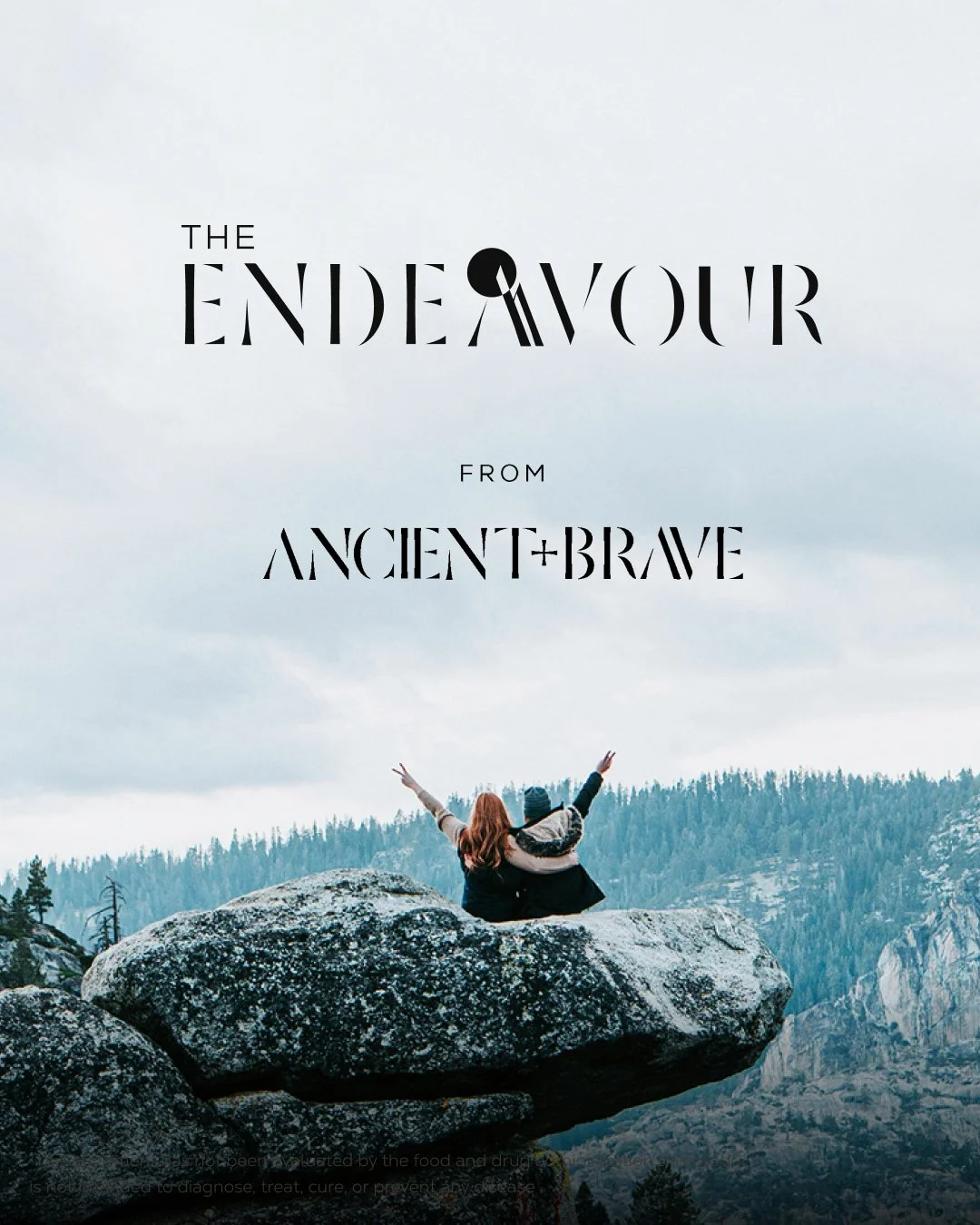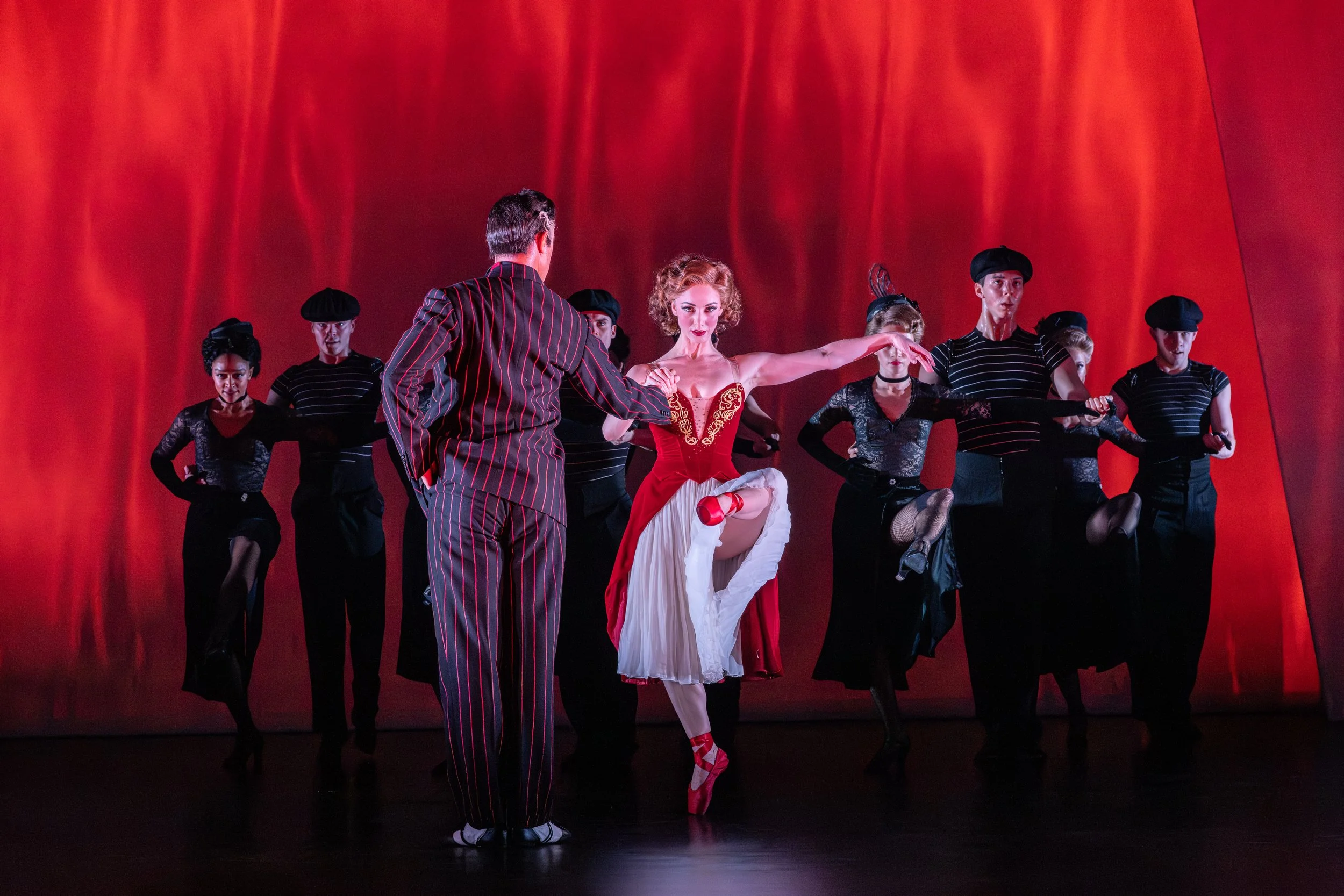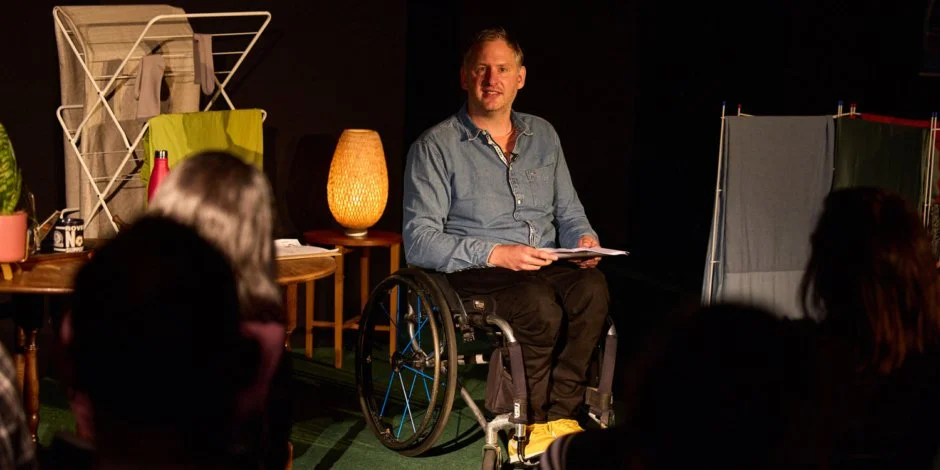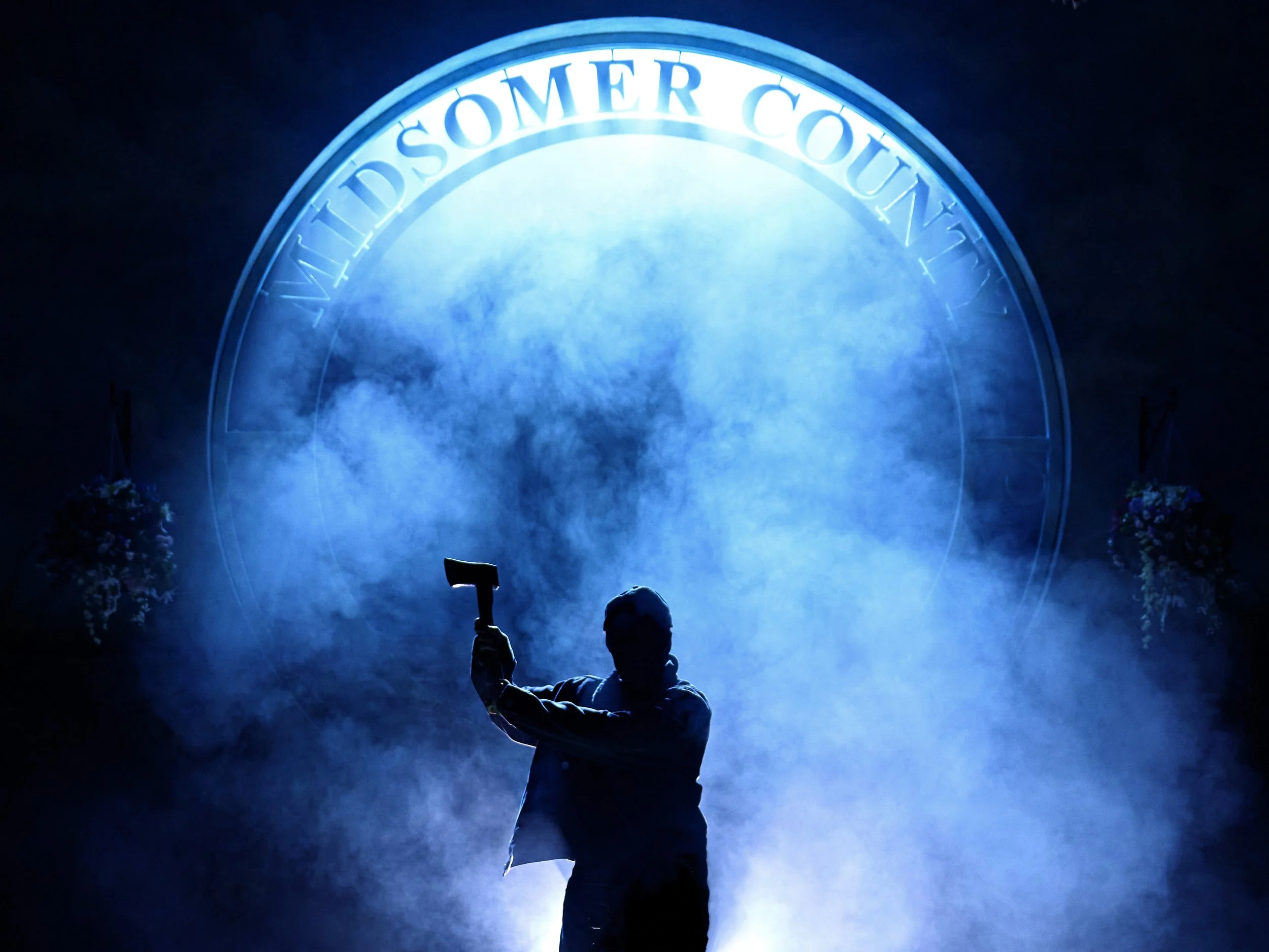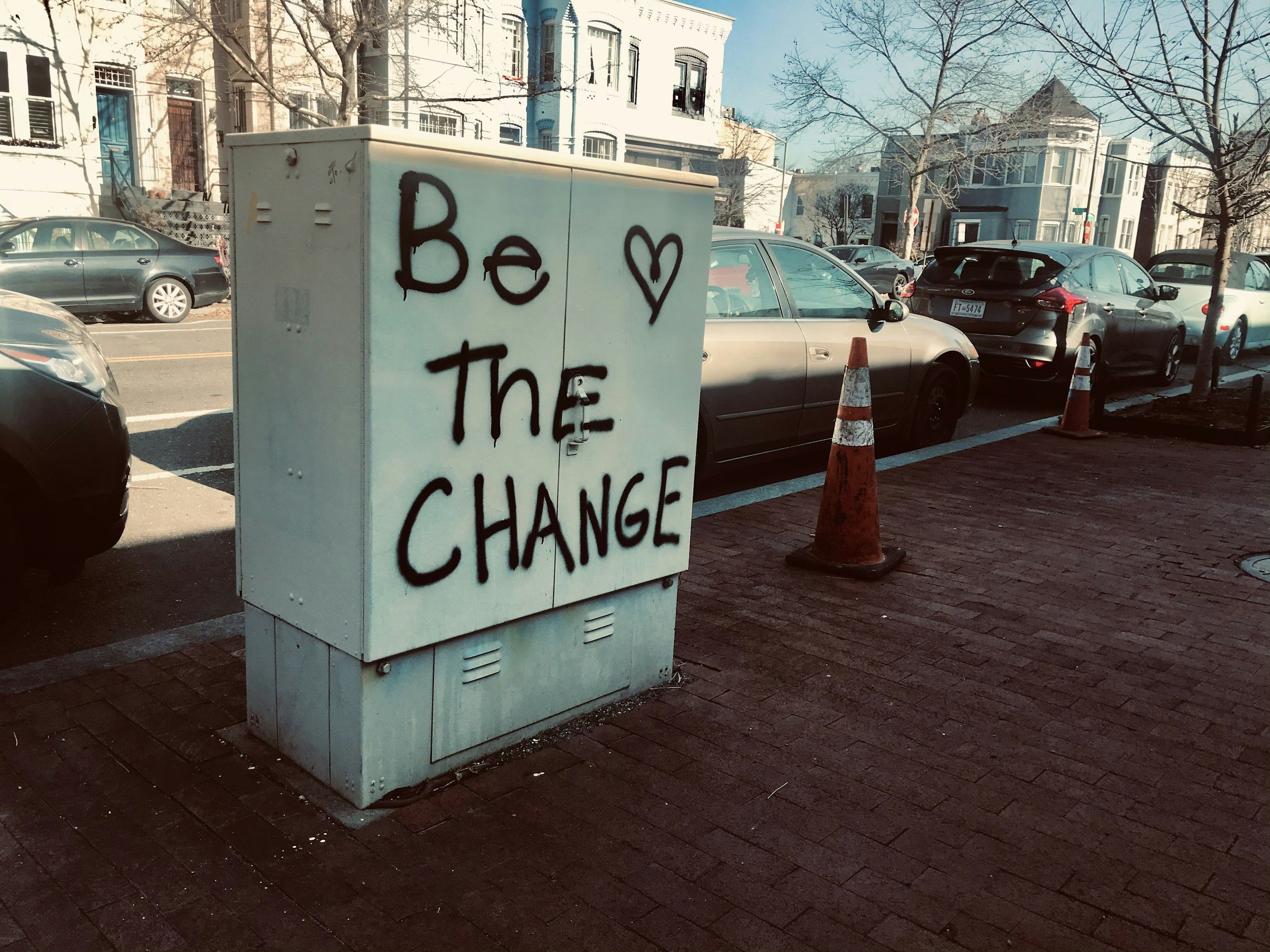Lack of Post Pandemic Support for the arts Could Leave Society's Most Vulnerable at Risk
Image By Unsplash
The reputation of the UK’s theatre and culture industry is world renowned, and it contributes around £10.8 billion to the UK economy each year. What many people do not know however is that most of these organisations, including the big player commercial outlets, have their roots firmly in engagement with their local communities.
From heavily discounted schools rates available at many leading west end shows, to the small touring companies that offer free resources – people from all walks of life are given the opportunity to experience culture first hand, in a way they may not have been able to had those barriers to engagement not been removed.
Most of these schemes are registered charities; championed by a few passionate and driven individuals with a talent for innovation and a flair for making little funds go a long way.
The success of these projects is rarely financial – instead it is something much harder to quantify, like the increased confidence in a shy child in an after school club, the reduction in crime in an area that puts on free drama classes, or the improved wellbeing of participants in care homes after a dance project.
Image by Unsplash
Some of these participants may go on to have a career in the arts, and some may not. This is not the point. The point is that they have the same artistic opportunities, regardless of their class, race, gender or ability. This is the ethos of all good outreach, and this is what we risk losing as the industry scrambles to recover.
With the theatre industry now in a dire financial situation, it is not surprising that organisations are looking to safeguard themselves through a financially-driven, ‘bums on seats’ model. The DCMS meeting held in Parliament on Tuesday 9 June, 2020 warned that outreach would be the ‘first thing to go’ if organisations got desperate.
As someone who heads up a department at a venue myself, I am more than a little nervous about the future of outreach work in the industry. Many regular participants have additional needs or vulnerabilities, and for some, their weekly sessions may be the only time they feel safe to creatively express themselves.
The arts are more than an opportunity to get dressed up and have a laugh. They are a lifeline for so many people. If nothing else, the sense of connection and community that comes from these shared cultural experiences is going to be more needed than ever after months of limited human connection.
It is also the work of many of the smaller grassroots companies that tackles important themes and issues and takes them out to communities, presenting them in a way that is engaging and accessible to non-traditional theatre goers, and potentially giving them an experience that they previously thought out of reach.
Michael Woodhall is Artistic Director of Stand By Theatre Company, whose work for young people tours schools and theatre venues, and whose last production dealt with mental health and agoraphobia. They were lucky enough to receive an ACE emergency grant to continue work online throughout the pandemic.
“Although we have been fortunate enough to connect through our online project, this has by no means replaced the power of our face-to-face delivery, and this has only been possible previously due to the funding we have received.
Knocking down barriers needs to remain a primary focus of the industry, otherwise these groups will be forgotten, and theatre runs the risk of being an elitist hobby, where large sections of society fail to be represented, as both consumers and contributors."
So, whilst the financial aid for the industry is welcomed, conversations about where the money goes need to be looking past the short-term financial goals, and take a more holistic view of the benefits of the arts long-term to those who may need it the most.
Only then will we emerge from this with an industry that continues to blaze a trail, and one that is diverse and inclusive, rather than an echo chamber of the few, privileged voices who can still afford to be heard.
Help us keep the City Girl Network running by supporting us via Patreon for the price of a cheap cup of coffee- just £2 a month. For £3 a month you can also get yourself a Patreon exclusive 10% off any of our ticketed events! You can also support us by following us on Instagram, and by joining our City Girl Network (city wide!) Facebook group.
Written by Fiona Moon





